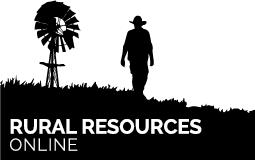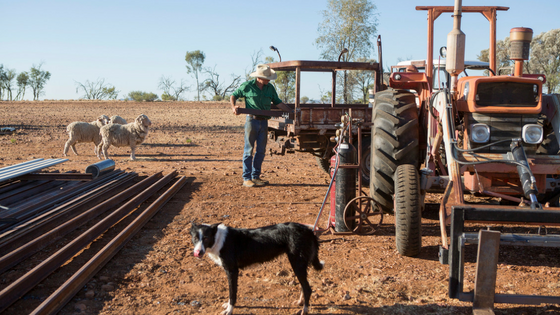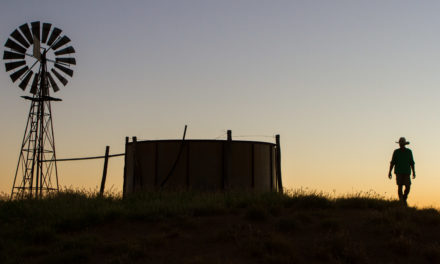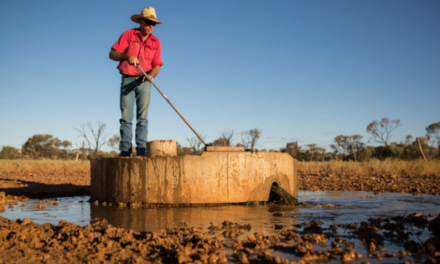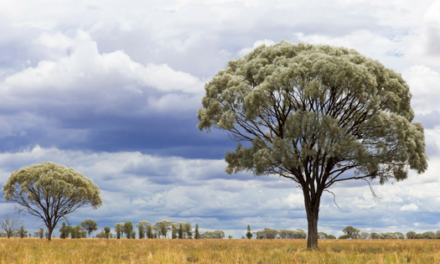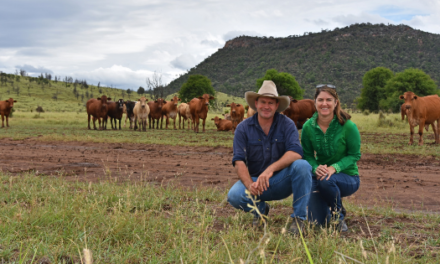A recent trip to Brisbane presented a few light bulb moments for me. As a member of the Innovation Tour organised by the unstoppable Julia Telford, I enjoyed many opportunities to meet and engage with a diverse group of people working in the entrepreneurial and small business space in Queensland.
The mindset shift Australian Farmers need
On day three, while listening to presentations from the Queensland Small Business Champion and members of the Office of Small Business Department, my aha moment came.
As farmers, we focus on the end product of our efforts. We are in the commodity game and the majority of the produce is exported. We are also directly impacted upon by climatic conditions. This leads us to the mindset that our city friends don’t understand our issues and therefore cannot empathise with the challenges faced by Australian farmers.
Unfortunately, this approach only increases the divide.
So what if we took another approach?
Yes, there are many differences between the bush and city.
There are however, many challenges faced by small business owners throughout Australia that are similar regardless of the geographical location of the enterprises.
Common ground unites
The term farmer is used for several purposes. It is used to identify who you are, what you do and also explain why someone who is not involved in the industry would not understand your issues.
Interestingly, if you are involved in agricultural production the term is not used as generically. Farmers are the ones who drive tractors to grow crops, graziers grow grass to fatten livestock, horticulturalists understand the science behind growing plants, flowers and greenery, while vitaculturalists specialise in growing grapes.
The variety of agricultural specialties is extensive.
So, imagine if we focused less on the difference in professions and spoke more of the similarities between small business owners throughout Australia.
Personally, before I listened to the Government officials speaking about their desire to learn more about the issues impacting business in the rural regions I must admit my focus was to investigate ways to share stories of our different life and why we do what we do.
The business of farming
Sharing stories is important for marketing and public relations.
Empathy is received when a deeper connection is made between parties. It is one thing to see how life is for someone else but something altogether different to ‘understand’.
The majority of family farming enterprises identify as small businesses owned and operated by themselves.
So why don’t we identify as small business owners who operate farms?
It could impact many of the conversations we have.
